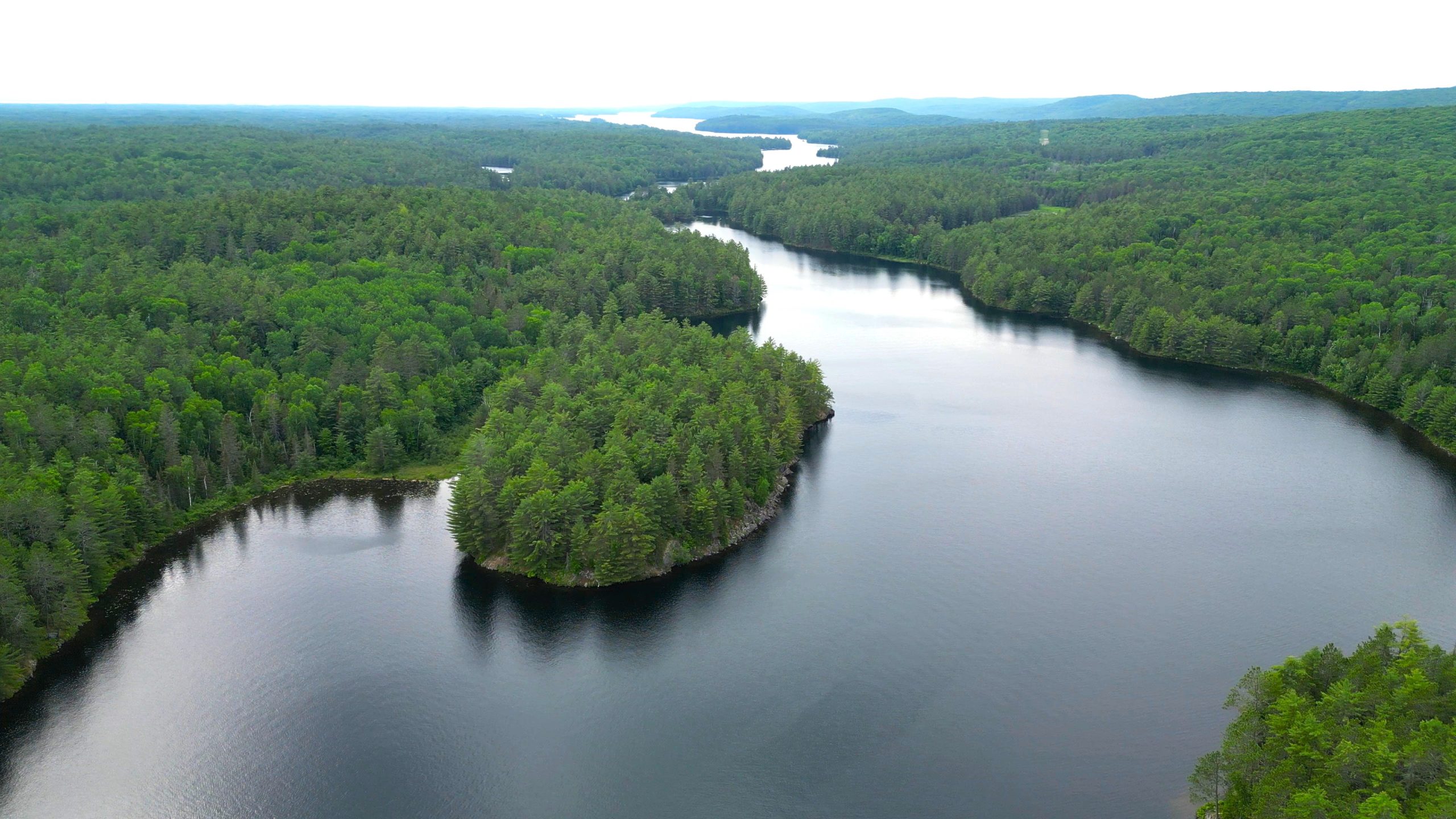responsible travel

Sustainable tourism and responsible travel are collaborative efforts by both the destination and visitors. Sustainability is often thought of through an eco-friendly lens, but it also expands that scope to consider local economic and social growth as well. The World Health Organization defines sustainable tourism as, “tourism that takes full account of its current and future economic, social and environmental impacts, addressing the needs of visitors, the industry, the environment and host communities.”
At Tourism North Bay, we want to work with visitors to encourage ecotourism practices, meaning, travellers should aspire to minimize their negative impacts, such as damage to the local environment, or overcrowding, while maximizing their positive impacts, including supporting local establishments, celebrating and learning of local heritage and culture, and interpreting and preserving local environmental landscapes.
North Bay is a beautiful waterfront city situated between the shores of Lake Nipissing and Trout Lake. Within and surrounding North Bay are an array of public and provincial parks, conservation areas, and trails. We strongly encourage the use of ecotourism principles while engaging with the environmental resources around us. Ecotourism is a sustainable form of natural resource-based tourism that focuses primarily on experiencing and learning about nature, and which is ethically managed to be low-impact, non-consumptive, and locally oriented. It typically occurs in natural areas and should contribute to the conservation or preservation of such areas.
At Tourism North Bay, we are always working to use ecotourism principles for our eco based experiences. We encourage an environmentally friendly mindset when it comes to responsible travel behaviour. For more information on how to practice responsible travel click here or see below for more tips.
Responsible Travel Tips
- Support local tourism operators
- Support local establishments
- Stay on marked trails
- Stay a safe distance away from wildlife
- Properly dispose of waste
- Respect local heritage and culture
- Walk, cycle, or use other eco-friendly transportation when you can
Sustainability Practices for Hosting Events
Tourism North Bay wants to do our part in increasing sustainable practices and reducing waste in our community. We believe that, not only is it important for us to implement sustainable practices in our operations, but it is equally important to engage in a dialogue with and support our partners, stakeholders, visitors and locals. Here are a few items to consider when planning your event.
Waste Management and Disposal
- Plan to minimize waste by:
- putting a specific focus on sustainable materials, such as reusable food containers and metal utensils
- using more sustainable and ethically sourced products, such as bamboo
- working with vendors who provide minimal waste options and
- making waste reduction a condition of partnership
- Provide a variety of options for waste disposal by:
- including garbage, recycling, and compost disposal options
- sourcing and providing waste sorting stations
- providing easy to read signage accompanied by visuals for easy sorting
- Manage post event waste by:
- encouraging attendees to take leftover food and beverage in reusable containers
- communicating in the event advertising and/or invitation encouraging guests/attendees to bring reusable containers to the event
- planning to donate leftover food to local food banks, shelters or other sources
- developing a list of donation places to share with vendors
Signage and Materials
- Maximize signage by:
- printing on both sides (when possible)
- maximizing space usage on signage
- simplifying and keeping it broad for potential to reuse
- Use sustainable materials by:
- Determine what type of print signage is required and which materials can be used for each
- Request signage be sourced from sustainable materials
- Consider volunteers for wayfinding by:
- Sourcing additional event volunteers to assist with crowd management, directions and/or guest assistance
- Setting up information stations with volunteers who could provide personal wayfinding options
- Use virtual invitations and/or virtual maps
- Use electronic invitations and/or event and ticketing software to manage registrations
- Provide virtual maps of location, venue and/or site with invitations or web advertisements
- Provide reusable prizes and swag by:
- Selecting items that can be reused e.g. water bottle, mugs, tote, keychain,etc.
- Considering the necessity and sustainability of the items and possible alternatives (donations, coupons, codes, etc.).
- Purchase local and from ethically sourced vendors by:
- Doing your research to find vendors in the North Bay area (and if not in the district, look at options in Ontario and/or Canada
- Promoting local vendors with sustainable practices to other local groups
Transportation and Accommodation
- Host the event in an accessible location by:
- Working with an accommodation provider/ venue that is “Green Key” Certified
- Selecting a venue that is near public transit, bike paths and/or ride sharing vendor
